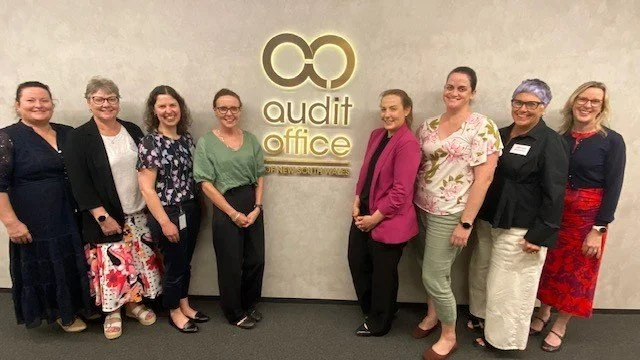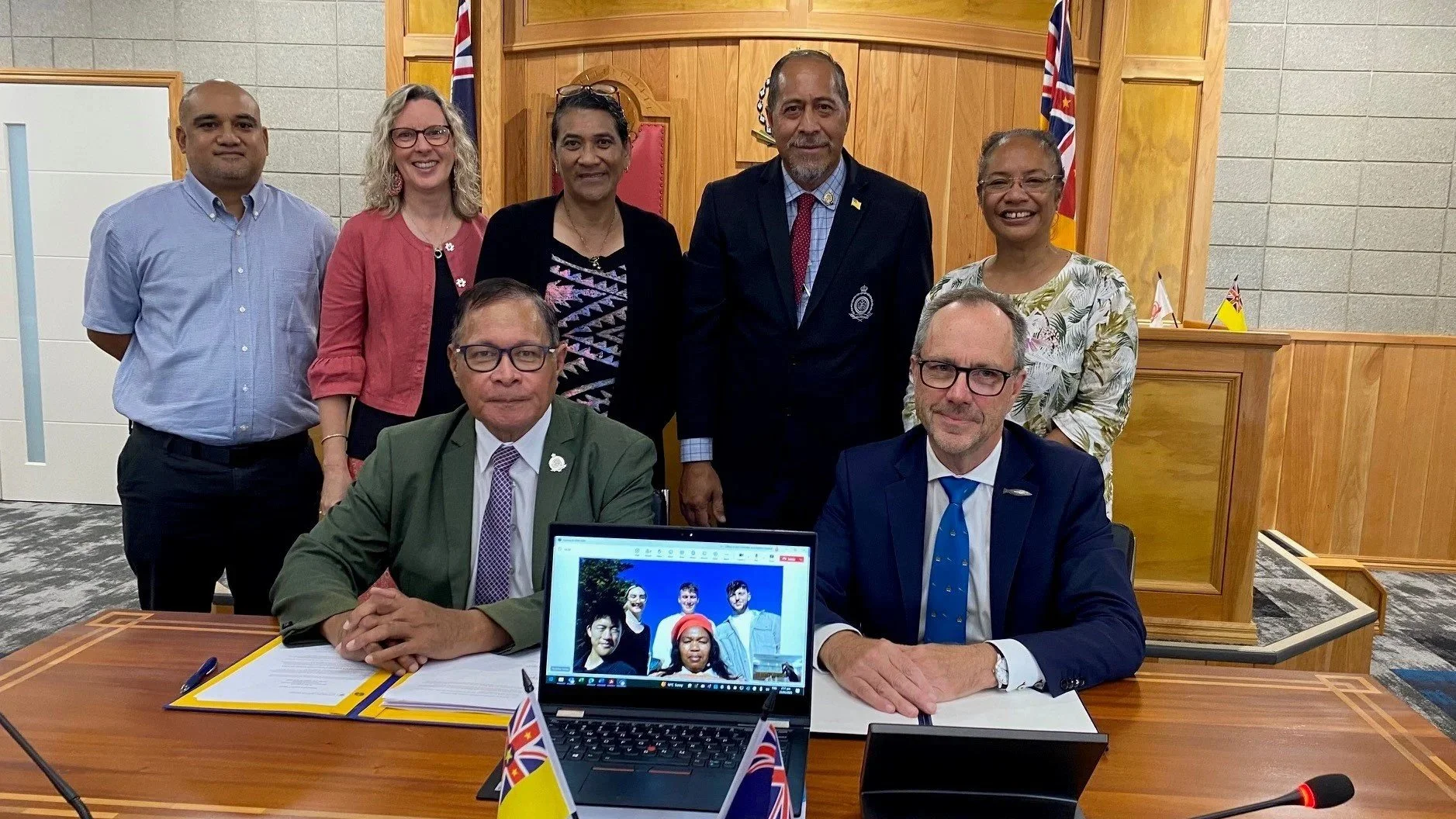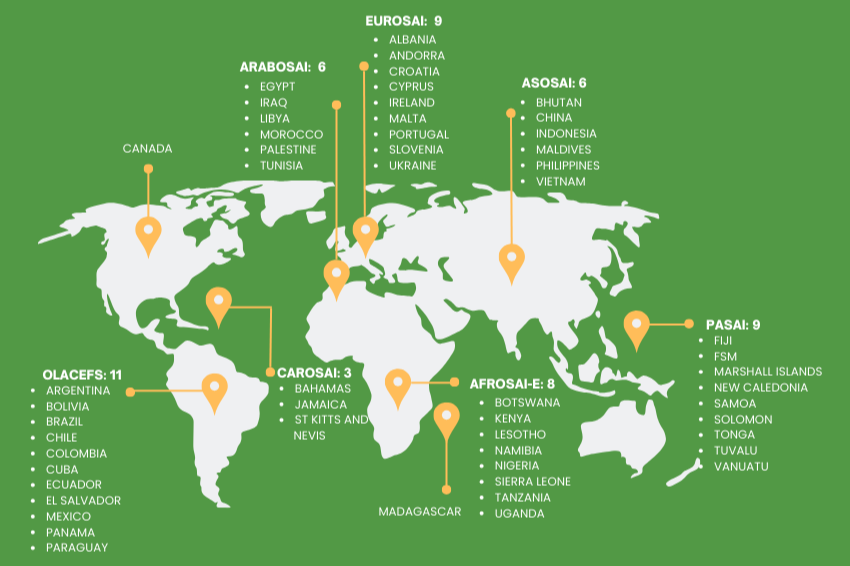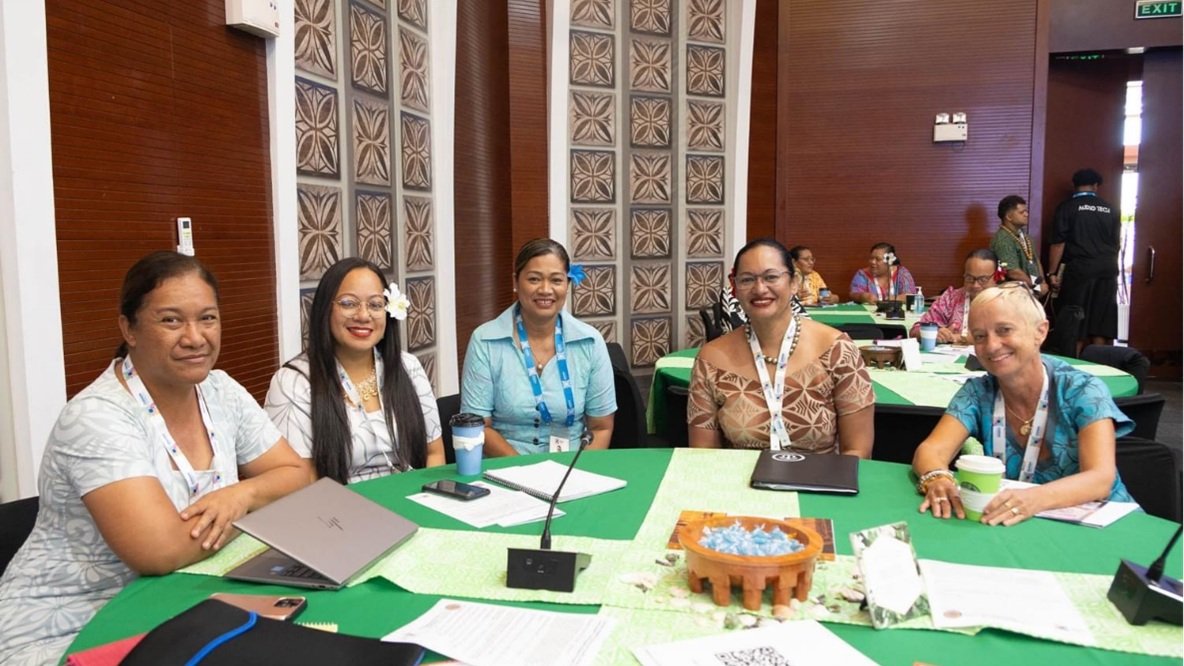By Sarah Markley, Deputy Secretary-General of PASAI and Director, International Engagement, Office of the Auditor-General of New Zealand
Integrity is one of those words we all agree is important – but living it, embedding it and measuring it inside an organisation is something else entirely.
Over my career, I’ve seen how easy it is for integrity to become a slogan on a poster rather than something we can hand on heart say we see evidence of in everyday experience. And yet, when organisations truly operate with integrity, people feel it. Decisions are clearer. Trust deepens. Workflows become smoother. There’s a shared confidence that the organisation is acting in line with its purpose, not just its procedures.
Dwight D Eisenhower once said, “The supreme quality for leadership is unquestionably integrity”. However, when you think about the prerequisites for trust in government and public sector systems, we must quickly recognise that integrity isn’t simply about individuals being honest or ethical. Fundamental to ensuring credibility and trust in institutions is organisational integrity.
Fortunately, INTOSAI’s Capacity Building Committee has a workstream that offers a tool that addresses this very issue, the INTOSAI Self-Assessment of Integrity, known as IntoSAINT. The IntoSAINT working group maintains the IntoSAINT tool, which was developed more than 10 years ago in the Netherlands.
The IntoSAINT Handbook describes organisational integrity as a systemic quality. It’s an institution’s ability to carry out its work in accordance with its core values, while operating transparently and accountably, and using resources responsibly. This broader view of integrity is shaped by leadership, culture, governance structures and the systems that support everyday decision-making, not just the behaviour of a few people at the top or bottom of the hierarchy.
In other words, integrity isn’t just what we preach; it’s what our systems, incentives, norms and choices produce. It’s what recipients of our work experience when interacting with our organisations as well as our staff. Attaining a high standard of organisational integrity is critical for any organisation; however, it is essential for a SAI that seeks to lead by example within its public financial management system and in its community at large.
SAIs need to be able to answer the question, “Are we doing enough to hit the high standard needed to lead by example?” Answering this question is where things often get tricky. There are options available for organisations to seek answers. For example, you can call in a consultant to complete a checklist and to confirm the content of codes of ethics, values statements or documented policies meets best practice, and you can ask staff and stakeholders what they think.
The consultants can provide you with an independent report on what needs to be changed. This will be of some assistance, but it’s unlikely to bring out the subtle reasons why accountability weaknesses persist or highlight cultural blind spots. This is because integrity sits across systems rather than within a single team or function. It can be difficult to step back and see the whole picture and identify practical actions to resolve issues in your unique context.
This is why I find IntoSAINT so powerful. IntoSAINT was developed precisely to help SAIs (although it can be applied in other organisations too) understand integrity as a system. The tool brings staff together from across roles and levels to identify vulnerabilities and assess the maturity of integrity controls in practice, not just on paper. Through a structured workshop process led by trained facilitators, participants explore how effectively their organisation protects integrity in real life: where vulnerabilities might arise, which controls are strong and where improvement is most needed.
The process is collective, reflective, and preventive – not an audit, not an investigation and not a compliance check. Following the identification process, the IntoSAINT facilitators guide your staff to develop practical solutions to address any issues identified. There is something very powerful about using the knowledge and experience of your team to support change. This process also creates an opportunity for participants to become ‘Integrity Ambassadors’ who maintain the momentum generated through the workshop process and assist to ensure change takes place.
PASAI began using the IntoSAINT tool in 2019 with pilots in the Cook Islands and Samoa. New Zealand and Australia also completed integrity assessments with the tool. Although travel restrictions during COVID-19 significantly slowed the rollout of the IntoSAINT tool, SAIs Fiji and Tonga have since been able to complete assessments. In its 2024–2034 strategy, PASAI committed to use IntoSAINT across the region.
To enable the commitment made in the strategy to be realised, PASAI has trained a new cohort of IntoSAINT facilitators. PASAI now has capacity to support up to 3 SAIs per year to undertake an IntoSAINT assessment, including follow-up support for the SAIs if any integrity challenges or policy gaps emerge from the assessments. The vision is that all SAIs in the PASAI region will complete an IntoSAINT assessment once every 5 or 6 years.
Recently trained IntoSAINT assessment facilitators
I recommend the IntoSAINT tool to all SAIs and invite all PASAI members to consider when you would like to complete an IntoSAINT assessment. As your PASAI IntoSAINT working group representative, I am always available to talk through the IntoSAINT assessment process. We still have one place available for a SAI between now and the end of June 2026 and 3 places available for the next financial year.
In terms of commitment from your SAI, the assessment requires you to make a cross-section of your staff available for up to 3 days. Your returns from this commitment will far outweigh the investment. You will receive a report with practical recommendations presented by the facilitation team at the end of their week-long visit to your SAI, your staff will be fired up as integrity ambassadors and the facilitation team will support you to implement the recommendations you receive.
IntoSAINT can help your SAI move beyond good intentions into meaningful, systemic improvement, strengthening the very conditions that allow integrity to thrive and your SAI to lead by example.




































